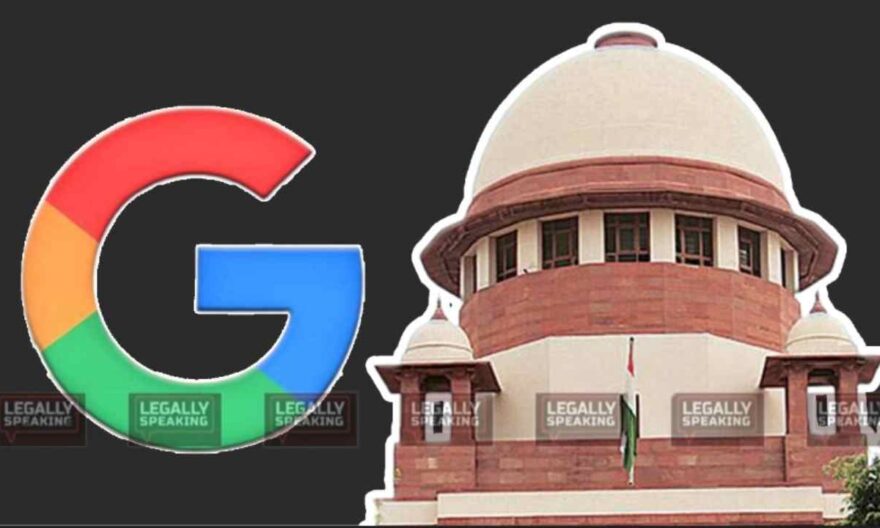
Google has moved the Supreme Court challenging the decision of the National Company Law Appellate Tribunal (NCLAT) that upheld the penalty of ₹1,337.76 crore imposed on the company by the Competition Commission of India (CCI) for engaging in anti-competitive practices within the Android ecosystem.
According to a statement from a Google spokesperson, the appeal has been filed on the grounds that the NCLAT correctly recognized the need for proof of harm in cases of anti-competitive behavior, but failed to apply this requirement to several of the CCI’s upheld directives.
The NCLAT bench comprising Chairperson Justice Ashok Bhushan and Dr. Alok Srivastava, Member (Technical), had revoked four significant directives issued by the CCI. These were:
- Google shall not deny access to its play services Application Programming Interface (APIs) to disdvantage Original Equipment Manufacturers (OEMs), app developers and its existing or potential competitors.
- Google shall not restrict uninstalling of its pre-installed apps by the users.
- Google shall allow the developers of app stores to distribute their app stores through Google Play Store.
- Google shall not restrict the ability of app developers in any manner to distribute their apps through side-loading.
The Appellate Tribunal, in a comprehensive order, determined that the investigation carried out by the CCI regarding Google’s behavior did not violate the principles of natural justice. Furthermore, the order concluded that the pre-installation of the complete Google Mobile Services (GMS) on Android phones does constitute unfair utilization.
“The Appellant by making pre-installation of GMS suite conditional to signing of AFA/ACC for all Android devices manufacturers, has reduced the ability and incentive of devices manufacturers to develop and sell self-device operating or alternative version of Android and Android Forks and thereby limited technical and scientific development, which is breach of provisions of Section 4(2)(b)(ii) of the Act,” the NCLAT stated.
Alongside the penalty, the CCI directed Google to discontinue engaging in anti-competitive practices and modify its behavior within a specified timeframe.
The Commission provided the following directions to Google to assist in the modification of its conduct:
- OEMs (original equipment manufacturers) should not be forced to pre-install a bouquet of applications, and shall not be restrained from deciding the placement of pre-installed apps, on their smart devices;
- Licensing of Play Store to OEMs shall not be linked with the requirement of pre-installing Google search services, Chrome, YouTube, Google Maps, Gmail or any other app;
- Google shall not offer any monetary or other incentives to OEMs for ensuring exclusivity for its search services;
- Google shall not incentivise or obligate OEMs for not selling smart devices based on Android forks.
- Google shall not restrict uninstalling of its pre-installed apps by the users;
- Google shall allow users, during the initial device setup, to choose their default search engine for all search entry points. Users should have the flexibility to easily set as well as easily change the default settings.




